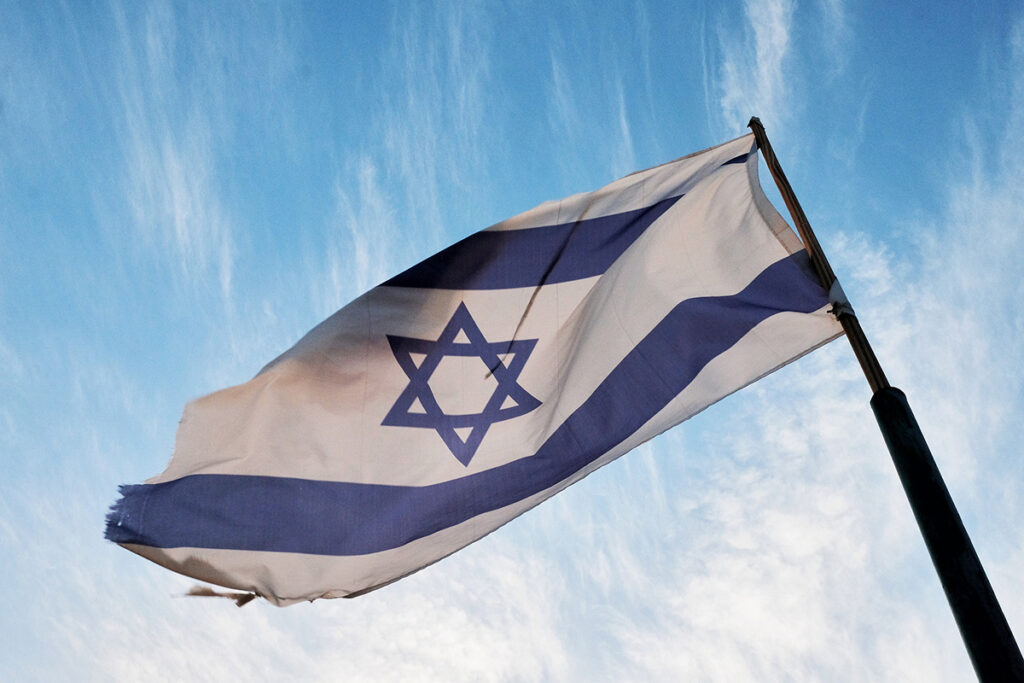In a remarkable development, deep rifts have emerged within the Israeli government over the strategy in the ongoing war against Hamas in Gaza. The conflict, which began following a devastating Hamas raid into Israel on October 7, has led to widespread destruction in Gaza and a significant loss of life.
Former army chief Gadi Eisenkot, a key member of Israel’s War Cabinet, has cast doubt over the current strategy, particularly concerning the release of hostages held by Islamic militants in Gaza. Eisenkot argues that only a cease-fire can secure their release, challenging the government’s approach to the hostage situation.
The Israeli offensive has been one of the deadliest in recent history, with nearly 25,000 Palestinian casualties and the displacement of over 80% of Gaza’s population. This military campaign has also resulted in a humanitarian crisis, as Israel has severely restricted the flow of essential supplies into Gaza.
A communications blackout, now in its seventh day, further exacerbates the crisis, hindering aid delivery and rescue efforts. Amidst this, the United States, Israel’s closest ally, has begun to pressure Israel to scale back its assault and consider steps towards establishing a Palestinian state after the war. However, Israeli Prime Minister Benjamin Netanyahu has strongly opposed these suggestions, reiterating his longstanding rejection of a two-state solution.
At the World Economic Forum in Davos, U.S. Secretary of State Antony Blinken emphasized the importance of a two-state solution for lasting peace and security in the region. Concurrently, Saudi Arabia has expressed a willingness to establish full relations with Israel, contingent on a peace agreement that includes a Palestinian state.
Despite international calls for de-escalation, Netanyahu and Defense Minister Yoav Gallant have vowed to continue the military campaign until Hamas is decisively defeated. Hamas, on the other hand, insists on ending the war before discussing hostage releases and demands the release of Palestinian prisoners in exchange for those held in Gaza.
The war has also drawn significant international criticism, with Israel facing genocide accusations at the United Nations, which it vehemently denies. Netanyahu’s handling of the war has led to a decline in his popularity, compounded by ongoing corruption charges.
Eisenkot, whose personal stake in the conflict is underscored by the loss of his son in December in Gaza, has called for urgent strategic decisions about the war’s direction. He has also noted that the military has not achieved a strategic victory against Hamas, contradicting claims of significant military success.
In a significant revelation, Eisenkot confirmed that Israel had considered, but ultimately refrained from, a preemptive strike against Lebanon’s Hezbollah militia in the early days of the war, arguing that such an action would have been a strategic mistake and could have escalated into a regional war.
The conflict has had a ripple effect across the Middle East, with Iranian-backed groups attacking U.S. and Israeli targets. The United States has conducted airstrikes against Houthi rebels in Yemen, acknowledging the challenges in curbing their attacks on vital shipping routes in the Red Sea.
As the conflict continues, the Israeli government faces not only the formidable challenge of managing the military campaign but also the growing divides within its own ranks and mounting international pressure for a resolution.


